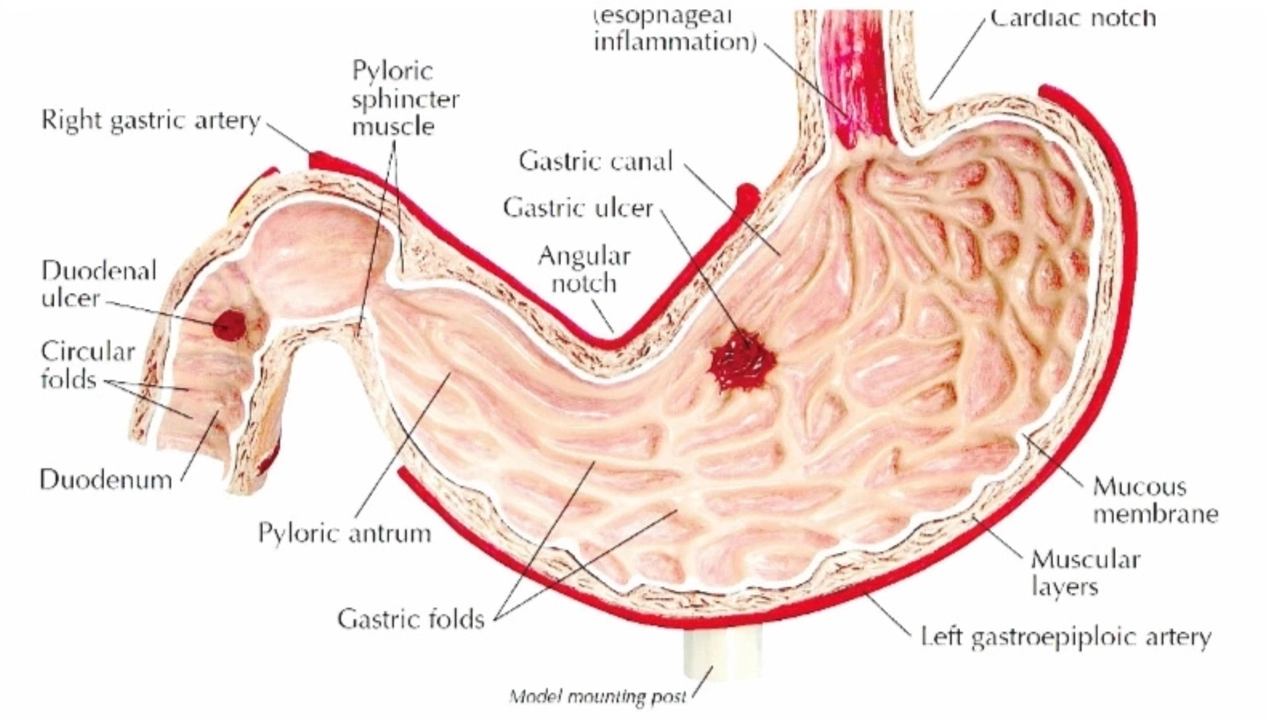Ulcer Treatment: What Works, What to Try, and When to See a Doctor
Most stomach and duodenal ulcers heal once the right cause is treated. Wondering whether your stomach pain is an ulcer and how to fix it fast? This guide breaks down common causes, proven treatments, and simple everyday steps you can take to feel better.
Common causes and quick diagnosis
Two causes pop up most often: Helicobacter pylori infection and regular use of NSAIDs (like ibuprofen). Less often, smoking, heavy alcohol use, stress, or rare acid-producing tumors can play a role. Symptoms include burning stomach pain (often between meals or at night), bloating, nausea, or heartburn. If you notice black stools, vomiting blood, dizziness, or sharp severe pain, get emergency care.
Doctors usually check with a breath, stool, or blood test for H. pylori. They may also use an endoscopy if symptoms are severe or if bleeding is suspected. Tests help pick the right treatment.
Medical treatments that actually work
If H. pylori shows up, expect a short antibiotic combo plus a proton pump inhibitor (PPI). Common regimens last 7–14 days and clear the infection in most cases. PPIs (omeprazole, pantoprazole, esomeprazole) reduce stomach acid so the lining can heal and pain eases.
When NSAIDs caused the ulcer, stopping or switching pain meds is the first step. Your doctor may prescribe a PPI or an H2 blocker (ranitidine alternatives like famotidine) to protect the lining. For severe ulcers or bleeding, hospital care and endoscopic treatment might be needed.
Over-the-counter antacids can ease symptoms short-term, but they don’t heal ulcers. Avoid relying on antacids alone if pain is persistent for more than a few days.
Some people ask about natural or home remedies. Smaller changes help: quit smoking, limit alcohol, eat smaller meals, and skip foods that trigger your pain (spicy or high-fat foods for some people). These steps support medical treatment but don’t replace antibiotics or acid blockers when those are needed.
Follow-up matters. After finishing treatment, your doctor may retest for H. pylori to make sure it’s gone. If symptoms return, don’t self-treat—get checked so you don’t mask a persistent issue.
Want to know which medications are discussed on our site? We cover common options like PPIs, H2 blockers, antibiotics for H. pylori, as well as safe buying tips for prescription meds and reviews of online pharmacies. That can help if you’re managing costs or looking for trusted sources.
If you’re unsure whether your pain is an ulcer, call your provider. Quick treatment reduces complications and gets you back to normal faster.

